Stay up-to-date with all the latest football news. We cover transfers, analysis, betting statistics, and much more.
Football News & Betting
Latest Football News
Latest News
- 1
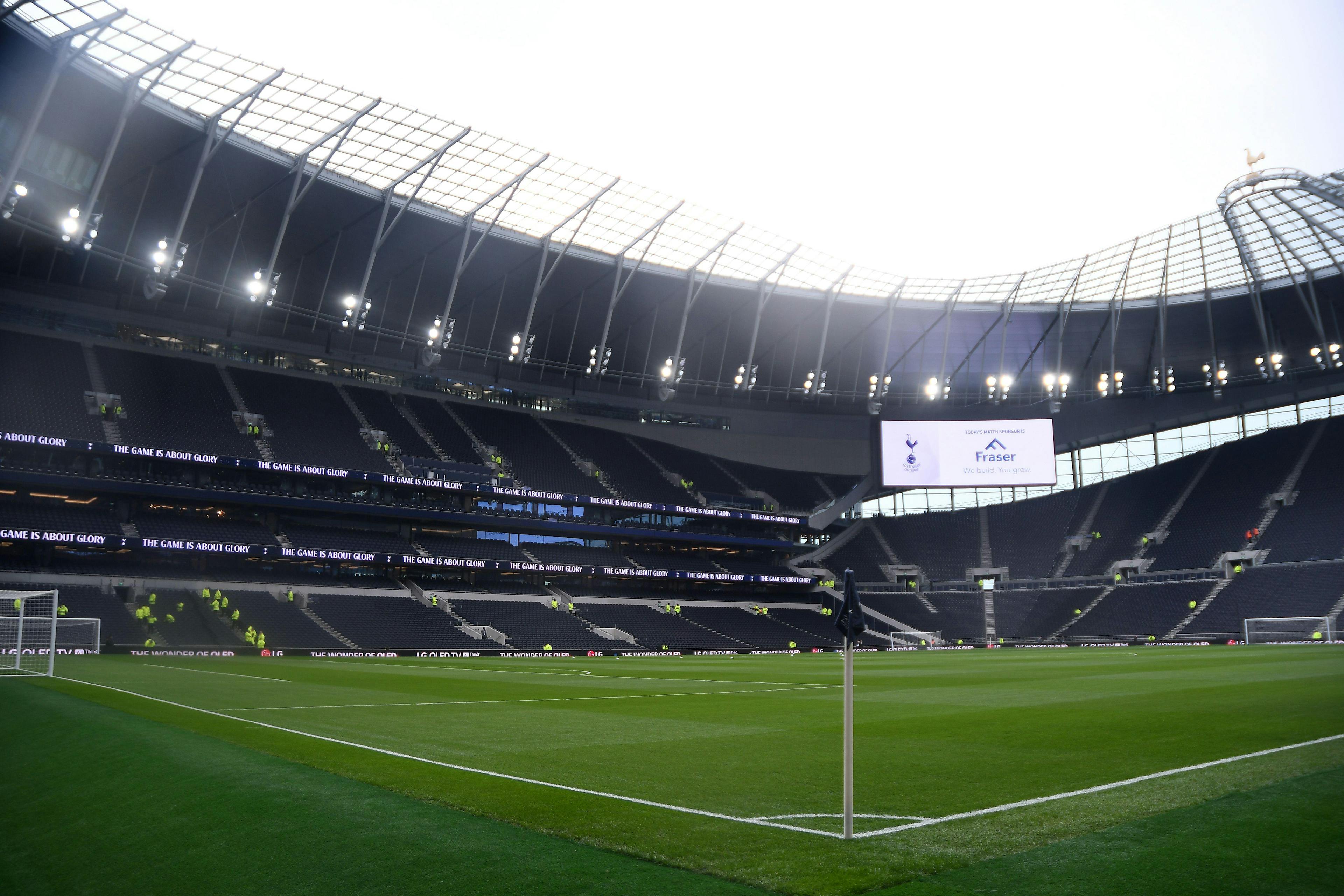 News
NewsTottenham vs Crystal Palace: 51/1 Mega Bet Builder Tip 05/03/2026
- 2
 News
NewsGet £50 in Free Bets with Sky Bet's New Customer Offer 04/03/2026
- 3
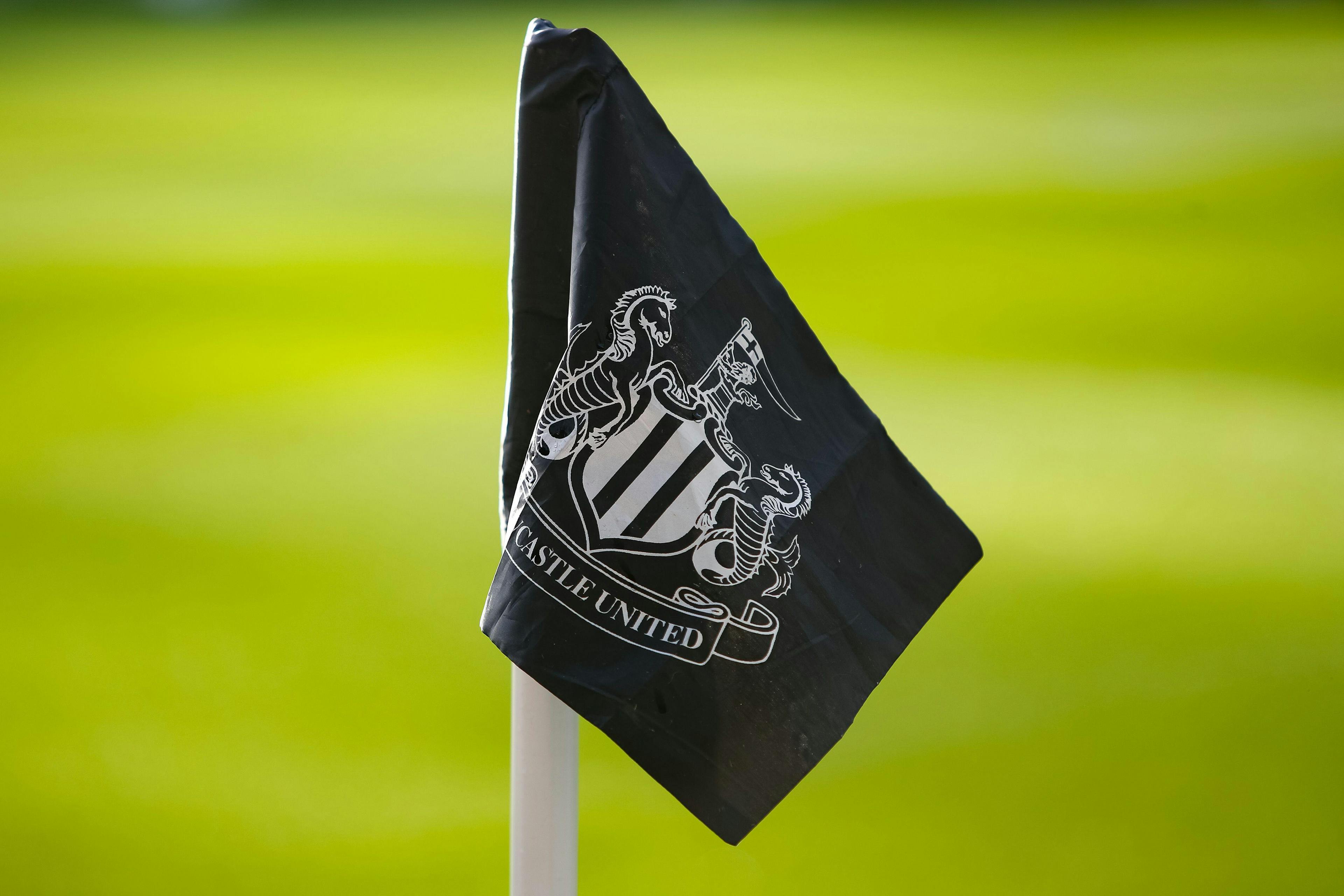 News
NewsNewcastle vs Man United: 40/1 Mega Bet Builder Tip 04/03/2026
- 4
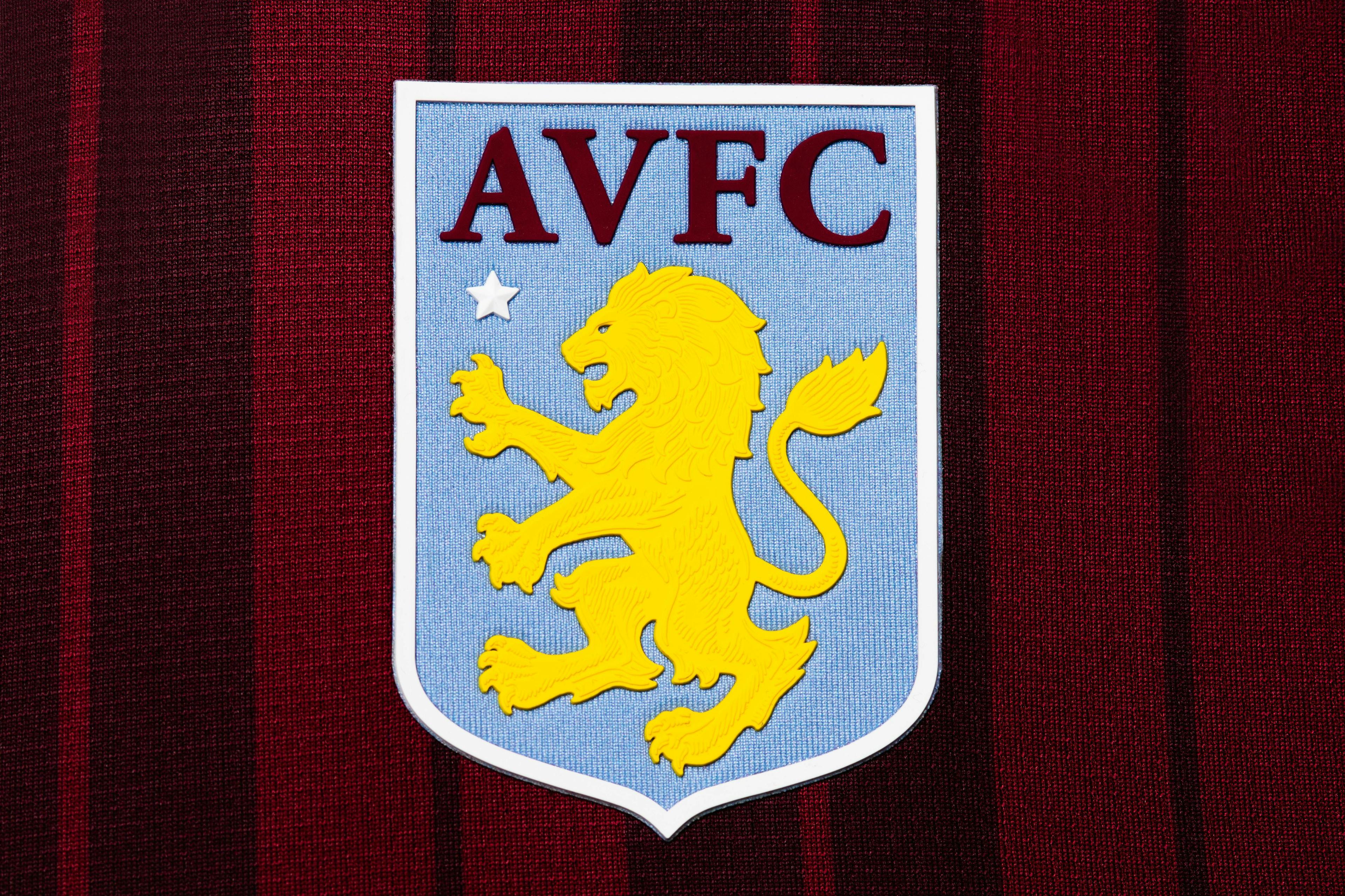 News
NewsAston Villa vs Chelsea: 77/1 Mega Bet Builder Tip 04/03/2026
- 5
 News
News50/1 on Over 0.5 Goals in Wolves vs Liverpool! Paddy Power Sign Up Offer 03/03/2026
- 6
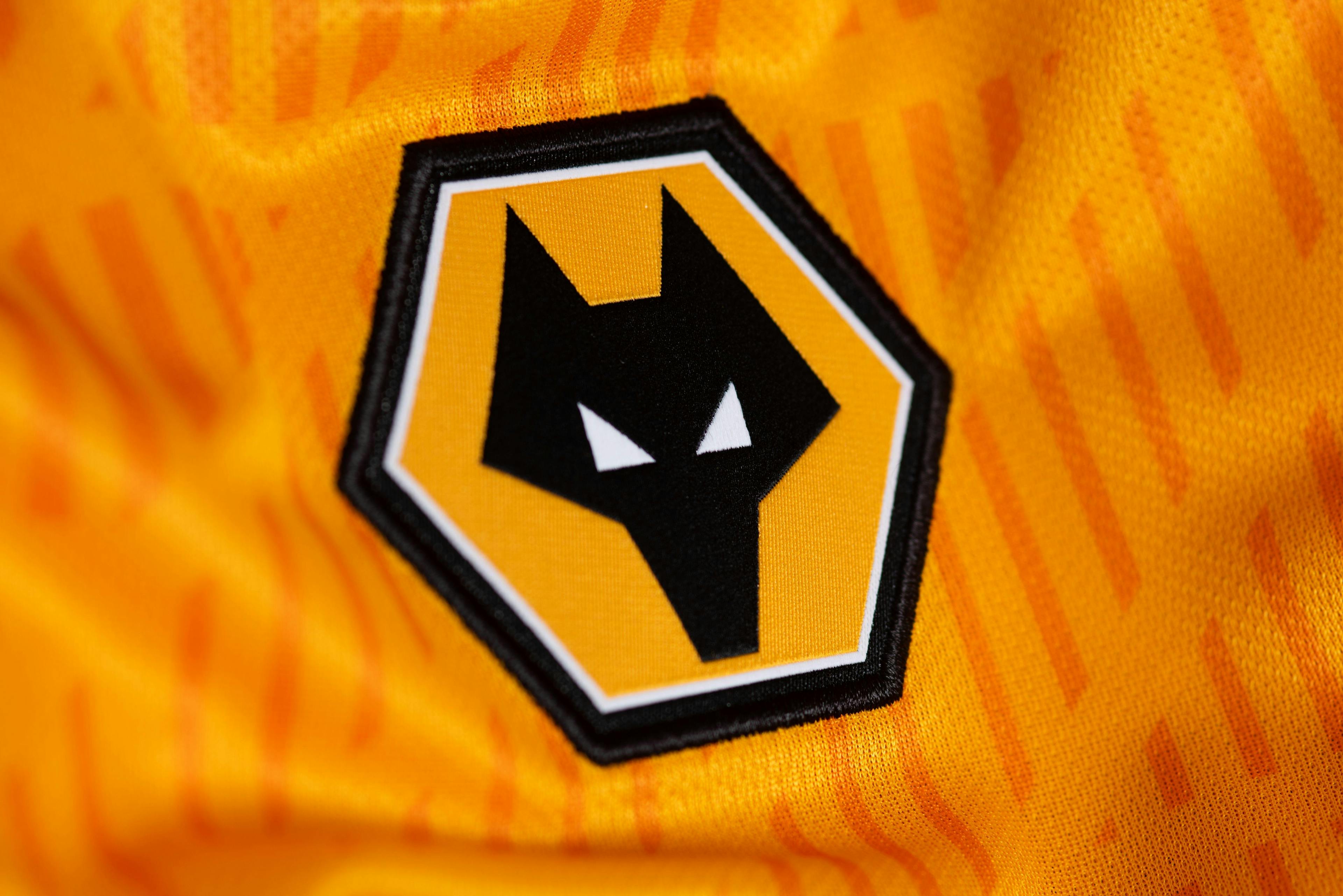 News
NewsWolves vs Liverpool: 55/1 Mega Bet Builder Tip 03/03/2026
- 7
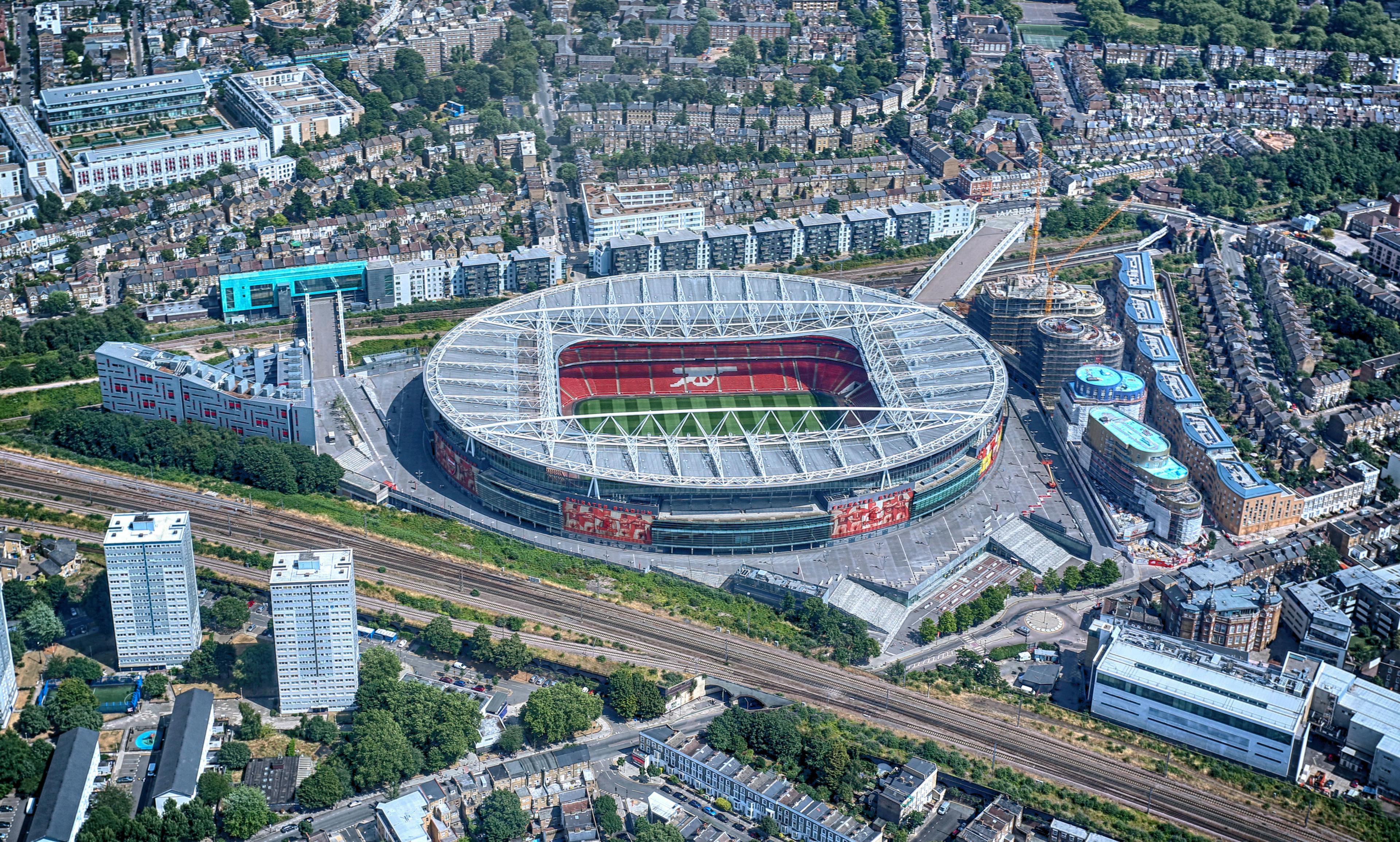 News
NewsArsenal vs Chelsea: 50/1 Bet Builder Tip 01/03/2026
- 8
 News
News50/1 for Over 0.5 Goals! Paddy Power Sign Up Offer for Arsenal vs Chelsea in the Premier League 01/03/2026
- 9
 News
NewsGet £50 in Free Bets for Arsenal vs Chelsea with Sky Bet's New Customer Offer 01/03/2026
